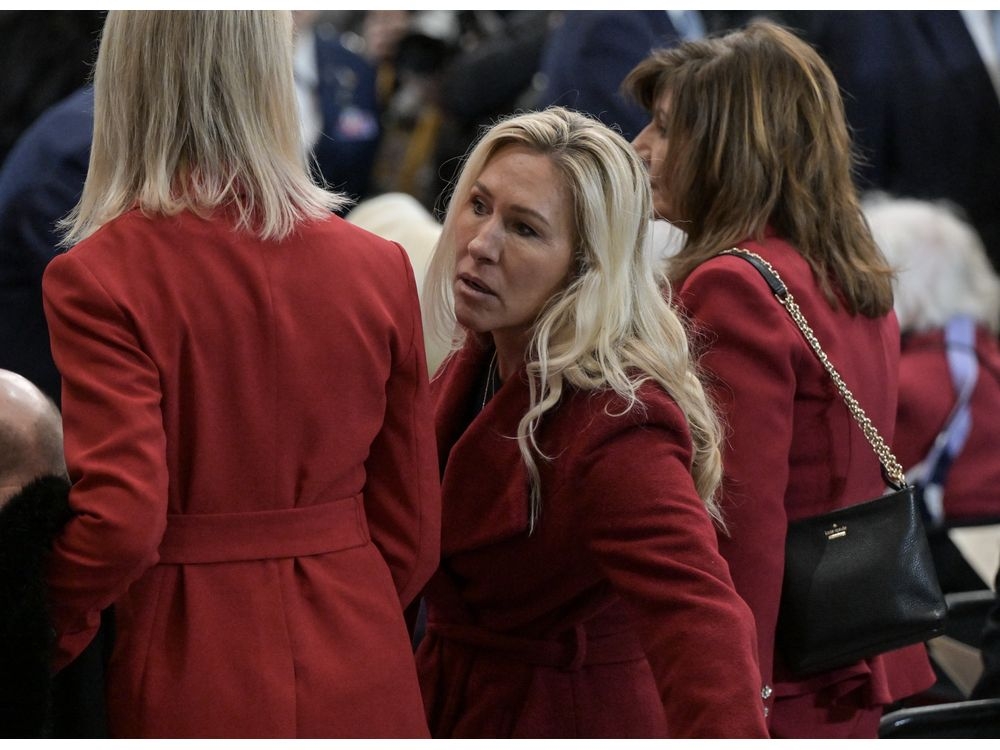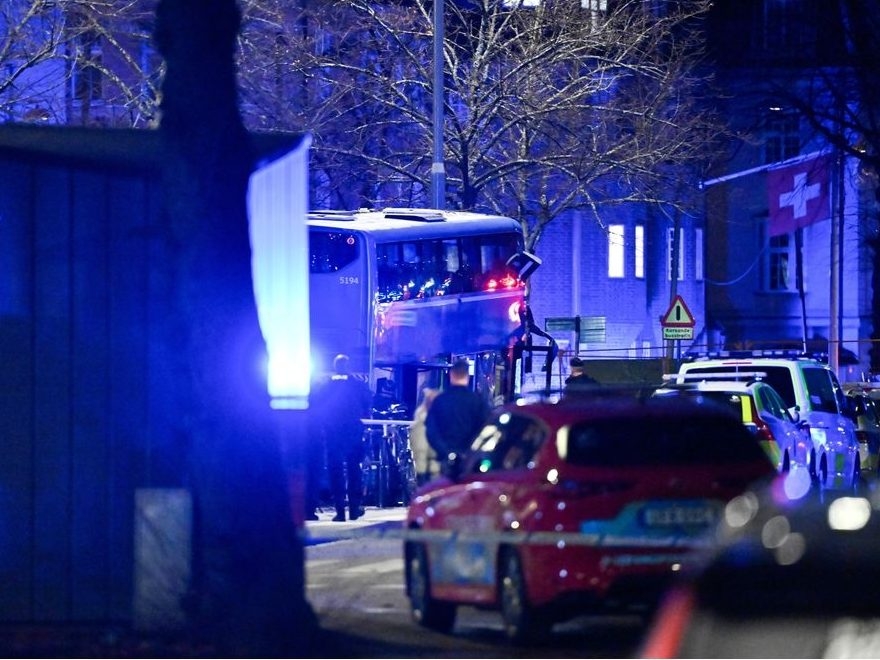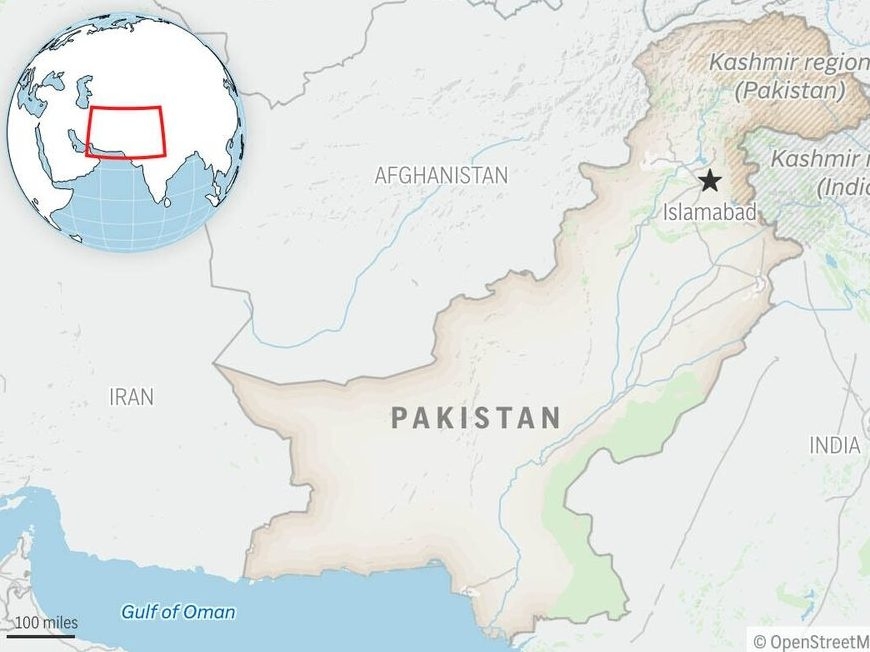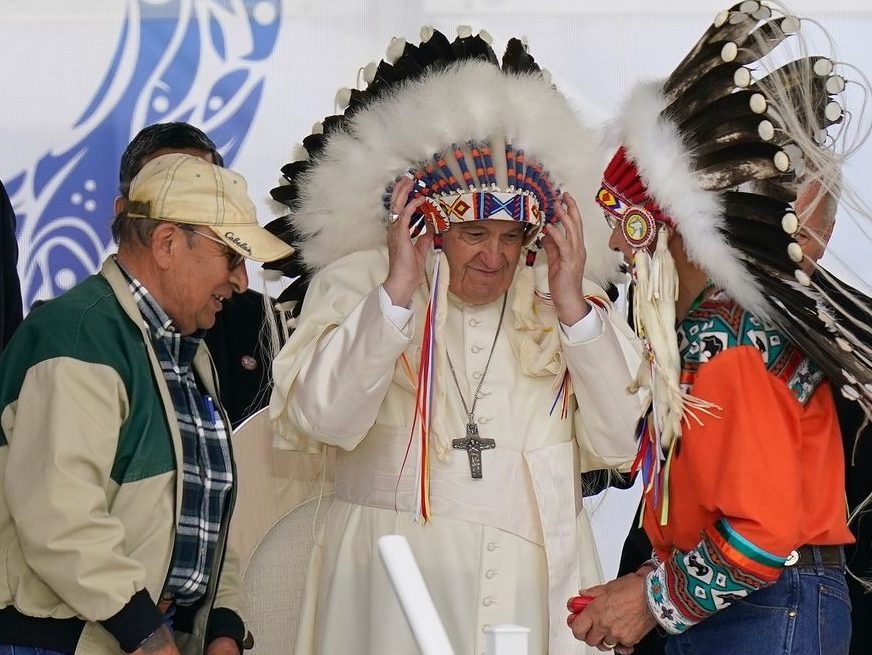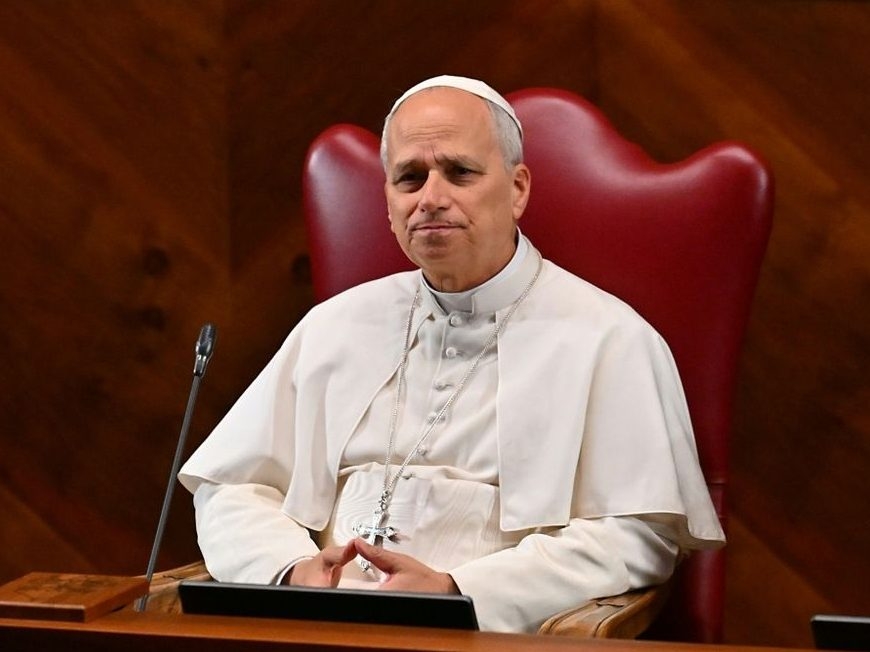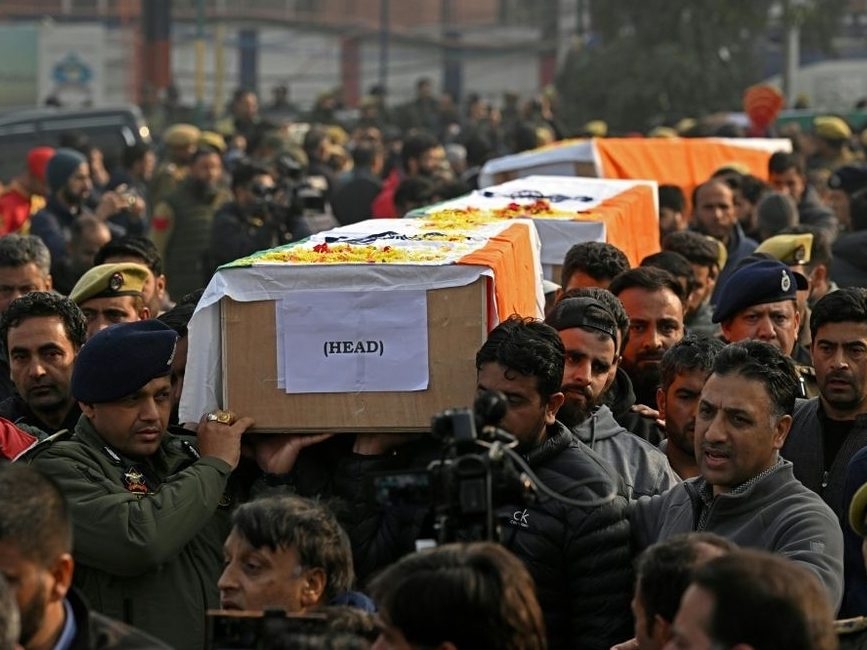Belem, Brazil is bracing for a powerful demonstration as thousands prepare to march, demanding genuine action on a warming planet. The “Great People’s March” arrives at the midpoint of the COP30 climate talks, fueled by mounting frustration and a desire for tangible solutions.
This rally follows earlier disruptions led by Indigenous groups, who directly challenged proceedings earlier in the week. Activists, historically silenced or facing arrest at previous conferences in Azerbaijan, the UAE, and Egypt, now find a space – though still closely watched – to make their voices heard.
The marchers represent a diverse coalition: Indigenous communities on the front lines of environmental change, fishers whose livelihoods are threatened, young people inheriting a precarious future, and workers seeking a just transition. They will begin at a local market, covering nearly three miles towards, but not directly to, the COP30 venue.
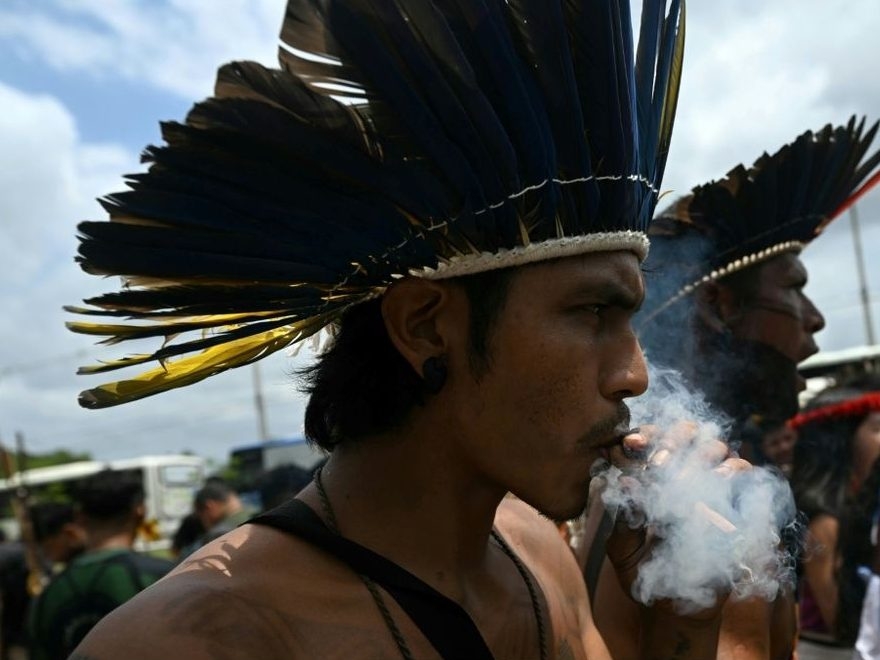
Central to their demands is the concept of “reparations” – accountability for the damage inflicted by corporations and governments, particularly on vulnerable populations. Organizers believe real solutions aren’t crafted in conference rooms, but emerge from the experiences of those most affected.
Security remains heightened despite the march’s planned route. Earlier this week, Indigenous protesters breached the COP30 compound, leading to clashes with security, and on Friday, another protest blocked access to the venue for hours, highlighting the struggles within the Amazon rainforest.
Inside the negotiations, the Brazilian presidency is preparing to unveil a strategy for bridging the widening gap between nations’ priorities. The coming days will be critical in addressing insufficient climate goals and securing increased financial support for developing countries.
Contentious issues include trade barriers, like Europe’s carbon border tax, and the debate over establishing firm timelines for phasing out fossil fuels. Many observers believe delegations are currently holding firm, awaiting the arrival of ministers next week to finalize an agreement by November 21st.
A sense of cautious optimism mixes with deep concern. One African negotiator warned of a potentially “empty COP” if the Brazilian presidency doesn’t take a strong leadership role, while others express hope for a positive outcome.
The Brazilian presidency is attempting a unique approach to diplomacy, encouraging countries to view consultations as “therapy sessions” – safe spaces for open dialogue. Delegations have even been asked to submit private “love letters” detailing their perspectives on the progress of the talks.
Brazil’s chief negotiator, Liliam Chagas, acknowledges the inherent volatility of the process. “These negotiations,” she explained, “are like a roller coaster sometimes, you know, they are up, sometimes they are down.” The world watches to see if this COP can navigate the peaks and valleys and deliver meaningful change.
